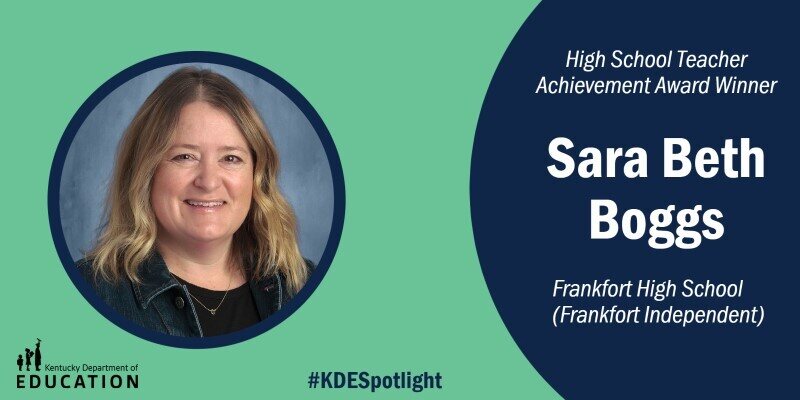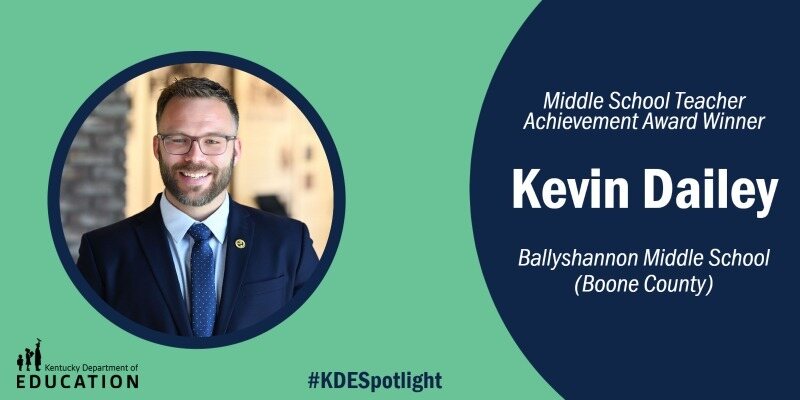
In her 28 years as an educator, Rhoda Whitaker has taught at the elementary, middle and high school levels, but she found her calling as a teacher at Whitesburg Middle School (Letcher County) with students with disabilities.
What Whitaker says defines her in the classroom is building up her students’ literacy skills so they’re ready to be self-sustaining and independent.
“I want to make my students comfortable in the world around them by being able to read print materials in the community and identify what they may need to meet their needs,” she said.
Whitaker, a 2023 Valvoline Teacher Achievement Award winner, uses literacy as a prime example of the importance of learning that transcends the classroom. Sometimes she uses the real world as her classroom, taking students into the community for lessons on budgeting and cooking.
Whitaker is focused on making school a place where students want to be and want to learn. She worked on Whitesburg Middle School’s Family Youth Resource Center Advisory Committee, which fostered a school culture that bolsters attendance rates. Through her and other members’ work, the school “has consistently been in the top percentage of high-attendance schools in our district,” she said.
But creating successful students isn’t just about good lesson plans or incentives; it also involves balancing mental health.
“A major public education issue facing today’s youth is that of mental health,” Whitaker said. “While this is not new to the field of education, today’s students face far more mental health challenges than in any other time period. Students are bombarded with social media and current social trends, and the COVID-19 pandemic has added to that in a most frightening way.”
To combat the negative effects on students, Whitaker incorporates mindfulness into her classroom, helping students to learn coping skills and be “empowered to be their own mental health advocate.”
To build up students who will impact their wider world, Whitaker believes that their education needs to build up not only their intelligence, but their mental health.
“Through teaching and utilizing these skills,” Whitaker said, “we can help students meet the demands of today’s workplace, develop young leaders, navigate through COVID-19 and empower our students to be self-sufficient and resilient citizens.”



Leave A Comment